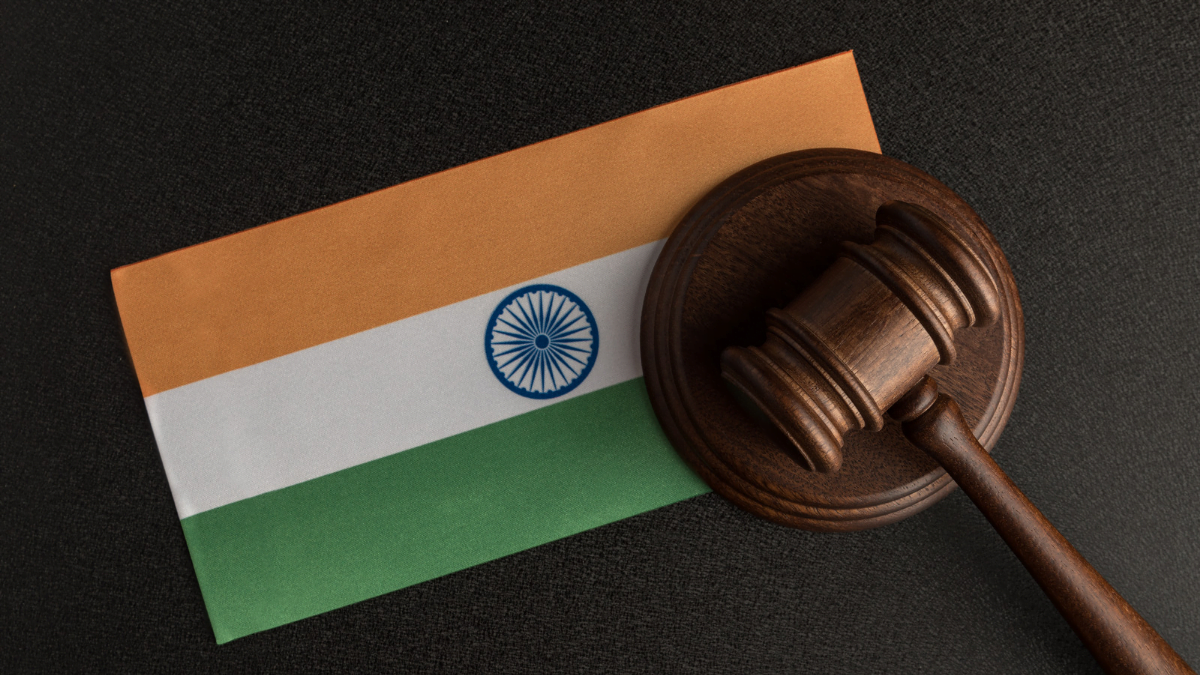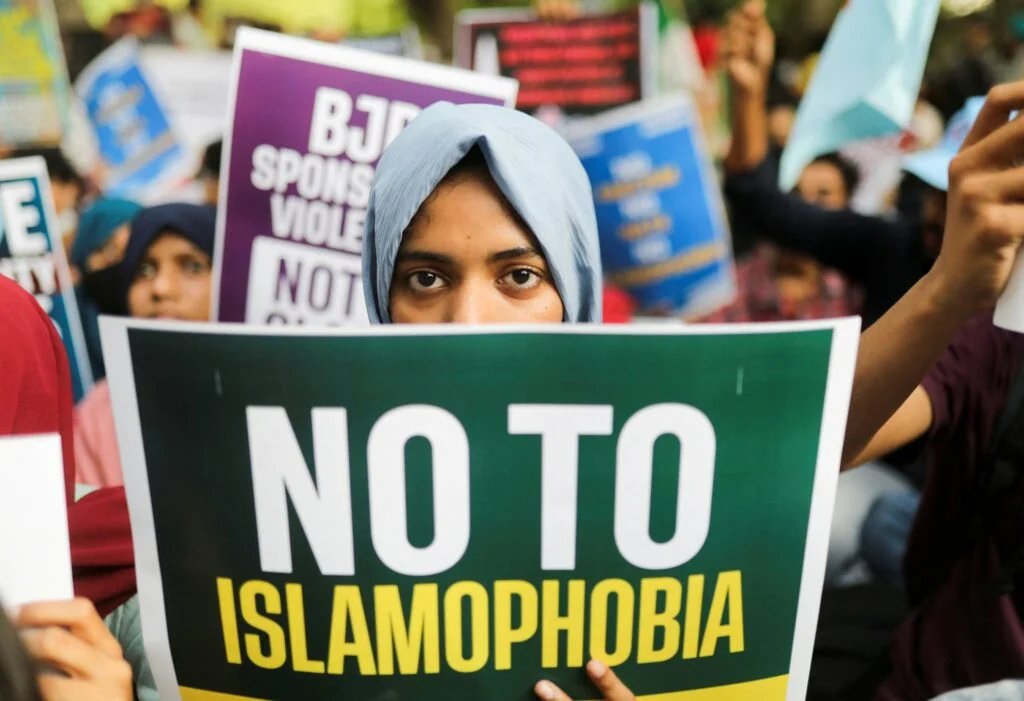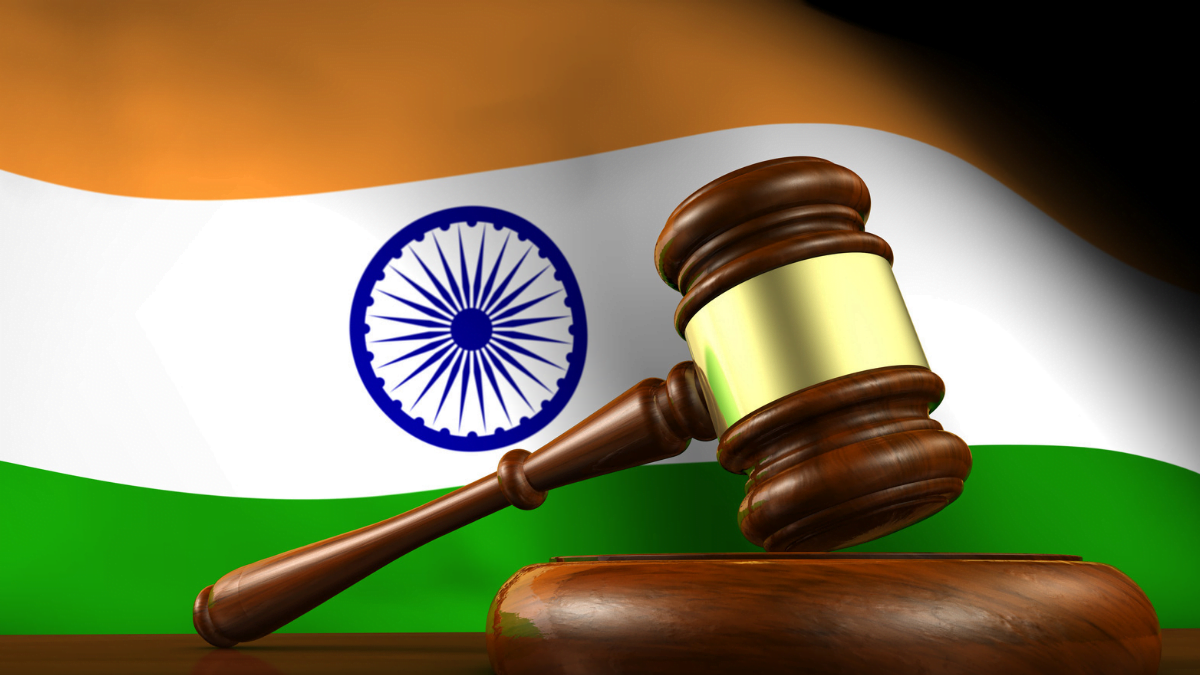‘The law has no claim to human respect. It has no civilising mission; it’s only purpose is to protect exploitation’
Peter Kropotkin
The ascriptive social inequalities in Indian society have always influenced how the legal systems function. The judiciary has usually upheld the status quo of caste and patriarchy making it difficult for marginalised groups to seek justice. The composition of the judiciary is extremely skewed in favor of the dominant castes. In 24 high courts in India, there is not a single Dalit or Adivasi Chief Justice. No Dalit judge has been elevated to the Indian Supreme Court since K.G. Balakrishnan in 2010. Cases pertaining to atrocities against the Dalit, Adivasi and Muslim communities are handled by judges with no lived experience of these marginalised sections. Identity based prejudices thus influence the verdicts. A study by National Law University Delhi shows that by 2016, 75% of individuals sentenced to death belong to Dalit, OBC and minority communities.
The judiciary has usually upheld the status quo of caste and patriarchy making it difficult for marginalised groups to seek justice.
People from below thus had to resort to participatory democracy in the form of protests, petitions, voicing views through speeches and writings to ensure public and political accountability. The three new criminal laws enforced on 1st July, 2024 namely the Bharatiya Nagarik Suraksha Sanhita, 2023, Bharatiya Nyaya Sanhita, 2023, Bharatiya Sakshya Adhiniyam, 2023, replacing the Code Of Criminal Procedure (1973), the Indian Penal Code (1860) and Indian Evidence Act (1872) has horrendous implications for minorities and the overall democratic structure of our society by strengthening the incarcerative arms of the state.
Creating a police state in the façade of decolonisation through law
Decolonisation in most post-independence nation states has been an incomplete and fragmented project because the colonial apparatus of governmentality namely the police, the bureaucracy, prison systems were never dismantled. The native elites secured for themselves opportunities, privileges and resources of the former white masters abandoning the broader project of decolonisation. Mahmood Mamdani the eminent scholar of African studies rightly pointed out that deracialisation did not lead to decolonisation.

On 11th August 2023 the Union Home Minister Amit Shah introduced the three new criminal laws to overhaul colonial era laws. However a substantive understanding of the laws shows that they strengthen authoritarian apparatuses of colonial power. The colonial state was based on extension of police power to control the subjects’ individual and collective self-expression and punish dissent, reflected in section 124(A) of the former Indian Penal Code called commonly, the Sedition Law.
The law clearly defined what constituted sedition and what not. Post independence courts have interpreted this provision in various ways to limit its misuse by clarifying that activities that produce disaffection and suspicion on the government and disrupt the public order can be classified under sedition. It was later stayed by the Honorable Supreme Court.
What we have under the Bharatiya Naya Sanhita is the removal of the word ‘sedition’ and its replacement with terms such as ‘act endangering sovereignty, unity and integrity of India’ in section 152 of the BNS.
What we have under the Bharatiya Naya Sanhita is the removal of the word ‘sedition’ and its replacement with terms such as ‘act endangering sovereignty, unity and integrity of India’ in section 152 of the BNS. Activities that excite ‘subversive activities’ or encourage ‘feelings of separatist activities’ will be penalised without clear definition of what constitutes subversive activities or activities inciting separatist activities. The legal scholar Indira Jaising has argued in The Indian Express that the three new laws have completely reworded every provision of the previous laws leading to extreme uncertainty of what constitutes criminal activities. The previous judgements of the judiciary pertaining to the sedition law would not apply with regards to Section 152 of the BNS nullifying the stay order of the Supreme Court putting the life and liberty of citzens at major risk due to this ambiguity. Moreover the period of sentence has been extended from three years in Section 124(A) to seven years under section 152 of BNS along with a fine.
The BNS is a step further in establishing a complete police state in India. The Clause 113 of the BNS deals with terrorist acts despite having a separate law, the Unlawful Activities Prevention Act (1967) for the former. Sections 15, 16, 17, 18A, 18B, 19, 20 are all retained. The UAPA requires a sanction to arrest someone under it but Clause 113 of the BNS acts as a general law for the police. Thus an individual can be simultaneously charged under BNS and UAPA violating the provision of Double Jeopardy of article 20(2) of the Constitution.

Indira Jaising has asserted that due to these ambiguities there will be 30% increase in backlog of court cases due to these laws and inadequate training of the police, public prosecutors, lawyers and other stakeholders in judiciary. This legal chaos will enable an Elected Autocracy like the Indian regime to stifle dissent. Any individual charged under UAPA can be detained for 180 days without a chargesheet being filed.
It sanctions police custody for 30 days and makes getting bail extremely difficult. Charging a human rights activist, student protester or a journalist simultaneously would ensure that their case never reaches the court and the pre-trial period of detention itself becomes a punishment. These new laws come up at a time when many prominent intellectuals and activists charged under UAPA await their bails.
Thus, the idea of decolonising laws is a complete farce.
Farewell to the public sphere
The aim of these laws can be best described as ‘institutionalization of terror’ borrowing a phrase from Hannah Arendt. They aim to dismember the public sphere where ‘citizens behave as a public body when they confer an unrestricted freedom of assembly and association and freedom to express and publish their opinions about matters of general interest…’ (Habermas).
The aim of these laws can be best described as ‘institutionalization of terror’ borrowing a phrase from Hannah Arendt.
Hannah Arendt observes in Origins of Totalitarianism that totalitarianism draws its legitimacy from the mob, huge masses of people uprooted from their lives by offering them solutions that oversimplify issues. India under neo-liberalism has led to creation of astronomical levels of inequality, unemployment, inflation and declining health standards. The ruling party and its affiliated organisations want to create such a mob out of these disenfranchised people through lies and false rhetoric of Indian Hindus being under threat of so-called infiltrators.

Gautama Navlakha, Siddique Kappan , Natasha Narwal and countless others offer stringent criticisms against state policy that has the potential to hollow out the state’s propaganda by exposing the lies beneath it. Thus the Government needs to silence them and punitive mechanisms that carry the cloak of democracy despite being inherently authoritarian are the best ways to do so.
Hum dekhenge: when resistance refuses to surrender
Amidst these guillotines of state terror we need to construct a dialogue of hope and despair from the lived experiences of people at the bottom of the caste-based neoliberal regime of Hindutva. As we, those with privileges keep on discussing in the comforts of our air conditioned living rooms whether or not India can still be called a democracy, the ordinary people take to the streets and fight fascism with ingenious methods of resistance. The protests at Una against the lynching of Dalit men in 2016, the farmer’s protests of 2020-21 that brought down the regime by destabilising the state machinery is a testament of the ingenuity of subaltern people to creatively invent modes of radical and defiant sociality and methods of resistance.
It is from the lived experience of survival of ordinary people that we need to create a new aesthetic of resistance. The new criminal laws will make it extremely difficult for the working class and Dalits to unionise, the Adivasis to mobilise and displaced, unemployed youth to protest their experience of abandonment by the state. The state and its apparatus will generate new vocabularies of resistance, new slogans, new symbols of protest and modes of organisation. It is worth concluding with the immortal saying of Bertolt Brecht ‘In the dark times will there be no singing? Yes there will be singing about the dark times.’
References:
- https://www.newsclick.in/what-surging-criticism-3-new-criminal-laws-all-about
- https://m.thewire.in/article/law/colonial-reality-of-indias-criminal-laws-remains-despite-the-new-hindi-names
- https://indianexpress.com/article/opinion/columns/with-new-criminal-laws-rights-won-hard-in-the-sc-are-at-risk-of-being-overruled-by-the-government-9392038/
- African leaders are colonial too – now is the chance to change | Politics | Al Jazeera
- Hannah Arendt (Stanford Encyclopedia of Philosophy)
About the author(s)
Rohin Sarkar (preferred pronouns: he/him) is an eighteen year old teenager obsessed with critical theory, Anarchist studies and Ambedkarite literature. His passion other than academics include poetry by Faiz Ahmed Faiz and Habib Jalib along with Anarchist punk by David Rovics. He also enjoys Oxford style and British Parliamentary debating because it enables him to speak his mind without fear of being censured. When not studying or debating he is chatting on politics with his friends either on WhatsApp or in the college premises.




